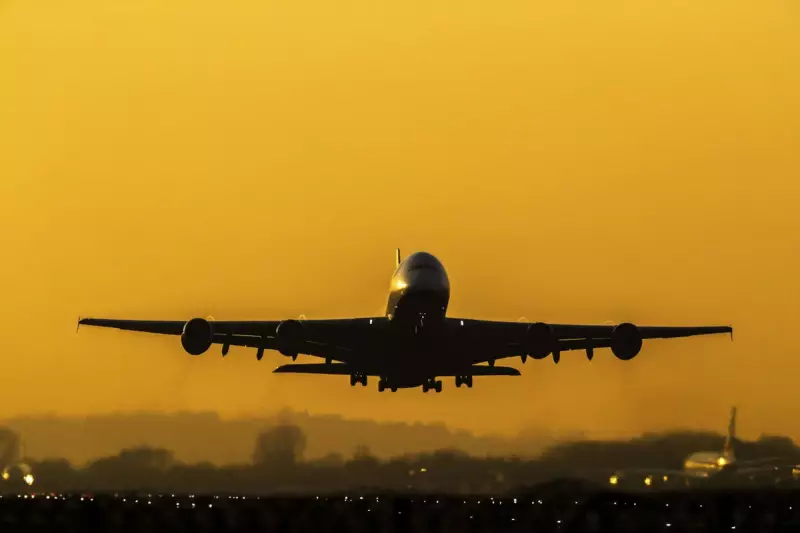
In a stunning reversal of fortunes that underscores the pandemic's long-lasting impact on global travel, London Heathrow has been dethroned as Europe's busiest airport. The crown now belongs to Amsterdam's Schiphol Airport, according to the latest passenger traffic data.
A Dramatic Shift in the Skies
The latest figures reveal a dramatic reshuffling of Europe's aviation hierarchy. Amsterdam Schiphol welcomed a staggering 25.1 million passengers in the first three quarters of 2022, surging ahead of its rivals. This represents a monumental shift from pre-pandemic norms, where Heathrow's dominance was virtually unchallenged.
Heathrow, once the undisputed king of European air travel, now finds itself in third place, also trailing behind Paris Charles de Gaulle. The UK's premier aviation hub managed to process 18.1 million passengers between July and September, a significant number but not enough to retain its top spot.
The Pandemic's Lasting Legacy
Analysts point to the UK's particularly stringent and prolonged travel restrictions as a key factor in this seismic shift. While European nations began reopening their skies and easing border controls earlier, the UK maintained a more cautious approach, inadvertently hampering Heathrow's recovery.
'The slower return of the transatlantic market has been a major factor,' explained one industry insider. 'Heathrow's heavy reliance on long-haul routes, particularly to the US and Asia, meant it was more vulnerable to ongoing international travel hesitancy and restrictions.'
The Ripple Effect Across UK Aviation
The fallout isn't confined to Heathrow alone. Other major UK airports have also felt the pinch. Gatwick, for instance, has seen a slower return to form, with airlines being more cautious about re-establishing routes from the West London hub.
This downturn has had a tangible economic impact, affecting everything from retail and hospitality within the airports to the wider supply chain and employment in the aviation sector.
What Does the Future Hold?
The critical question now is whether this is a temporary blip or a permanent realignment of European air travel. Industry experts are divided. Some believe that as long-haul travel fully rebounds and business travel eventually recovers, Heathrow will reclaim its position. Others argue that the change may be more structural, with passengers and airlines having established new patterns and preferences.
One thing is certain: the battle for European aviation supremacy is fiercer than ever, and Heathrow faces an uphill struggle to regain its lost glory.





